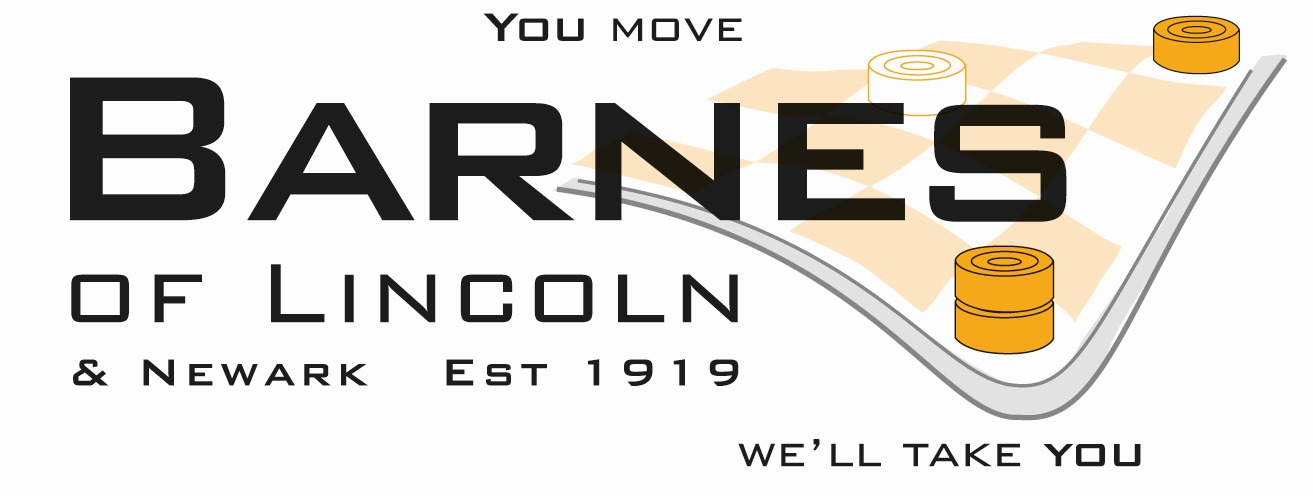Are you thinking of moving from UK to the Netherlands?
Yes, moving abroad can feel like a leap into the unknown, but when your destination is the Netherlands, you’re landing somewhere both exciting and reassuringly organised.
The country consistently ranks high for safety, happiness, and healthcare.
Whether you’re heading for a new job, a family reunion, or simply seeking a change of pace, relocating from the UK to the Netherlands opens the door to a welcoming society, world-class infrastructure, and a uniquely European lifestyle that beautifully balances work, travel, and culture.
From Amsterdam’s lively canals to the peaceful charm of Dutch countryside towns, this compact but dynamic country has something for everyone.
And with excellent English proficiency, strong expat networks, fast and easy connections back to the UK, it’s no surprise more Brits are making the move.
Our guide aims to walk you through everything you need to know, from visas and housing to daily life, so you can approach your Dutch relocation with clarity, confidence, and more than a little excitement.
Visa and Residency: What Brits Need to Know Post-Brexit
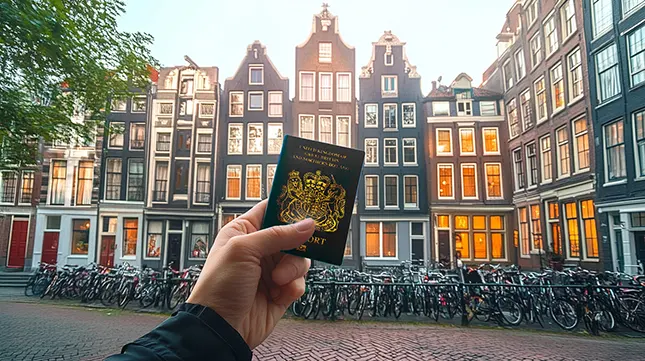
Since Brexit, moving to the Netherlands requires a bit more paperwork than before, but don’t be put off because the process remains straightforward.
British citizens can stay in the Netherlands for up to 90 days without a visa. However, for longer stays, you’ll need a residence permit.
Those moving for work will typically require a job offer and their employer may need to apply for a highly skilled migrant permit on your behalf.
Family reunification, self-employment, or study also offer other routes to residence.
Visit the Netherlands Immigration and Naturalisation Service (IND) for step-by-step guidance and downloadable application forms.
It pays to start this process early; residency approval can take several months.
Finding a Place to Live: Where to Settle in the Netherlands
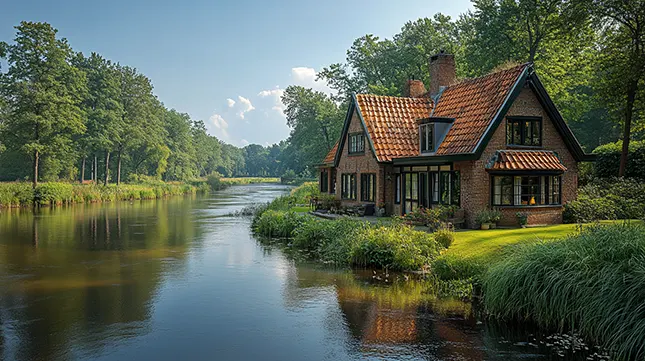
From the canal-lined streets of Amsterdam to the peaceful suburbs of Amstelveen or the student buzz of Leiden, the Netherlands offers housing options for every taste.
Expats often favour cities like The Hague, Eindhoven, and Haarlem for their international communities and strong infrastructure.
Rental prices can be high in the main cities, so it’s worth looking in outer districts or nearby towns with excellent transport links.
Use websites like Funda to browse listings and understand typical rental costs.
Be prepared for strict rental requirements; landlords often ask for proof of income, ID, and sometimes even references from your employer.
For further information about renting a home in the country, visit the Netherlands Expat website.
Expats can purchase property without restrictions.
However, to get a mortgage, you must live and be registered in the Netherlands.
For new expats, as there is a five-year waiting period before being able to apply for permanent residency, most banks will not consider lending before this time.
The vast majority of UK expats opt for renting a home instead, as do almost 70% of the population, much more so than in the UK.
There is further information about buying your own home in the Netherlands via the Expatica.com website.
Understanding the Cost of Living: How the Netherlands Compares

Before you set off, unless you have already explored this subject, you need to understand how far your budget will stretch.
While the Netherlands offers a high standard of living, it’s essential to plan for a slightly higher cost of daily life in some areas compared to the UK.
Although there is no massive difference, according to recent figures from Numbeo, everyday expenses in the Netherlands, excluding rent, are approximately 4.3% higher than in the UK.
When you factor in housing costs, that overall difference increases slightly, with the Netherlands being around 5.7% more expensive.
Cities like Amsterdam and Utrecht can be even more expensive for housing, with rental prices often exceeding those in major UK towns.
However, public transport, healthcare, and education are often more affordable and efficient.
Dining out and groceries are on the whole comparable to UK prices, though petrol and certain services may cost more.
Many expats find the overall value balances out thanks to better infrastructure and quality of life.
For a detailed breakdown, visit Numbeo’s cost of living comparison tool to explore price differences between UK cities and Dutch locations. Forearmed is forewarned.
Navigating the Dutch Education System

If you’re relocating with children, and many expats do, the Netherlands offers a high-quality, inclusive education system.
Children aged 5 to 16 must attend school, and there are excellent public, private, and international options available.
Public schools are free and often bilingual at primary levels, while international schools follow UK, US, or IB curricula and are ideal for English-speaking families.
Cities like Amsterdam, Rotterdam, and Utrecht host well-established international schools such as The British School in the Netherlands in The Hague.
Enrolling your child early is key, especially for international schools, which may have waiting lists.
As soon as you know where you will live, it is a good idea to check with your local municipality for school catchment areas and registration processes.
Healthcare in the Netherlands: How It Works for Expats

Once you’re registered in the Netherlands, you’ll need to take out Dutch health insurance.
It’s mandatory for all residents and covers GP visits, hospital care, and prescription medicines. Cost varies but you can budget for between Euros 100-150 per month.
The Dutch system is ranked among the best in Europe for quality and accessibility. Providers like Zilveren Kruis and Menzis offer expat-friendly services and English-language support.
You’ll also need to register with a local doctor (huisarts), who acts as your first point of contact for most health needs, just as you do in the UK.
Additional insurance for dental or alternative therapies is optional and not covered by your health insurance.
Don’t forget to apply for a DigiD – a digital ID you’ll need to manage your healthcare and other official matters online.
Transport and Travel: Getting Around Made Easy
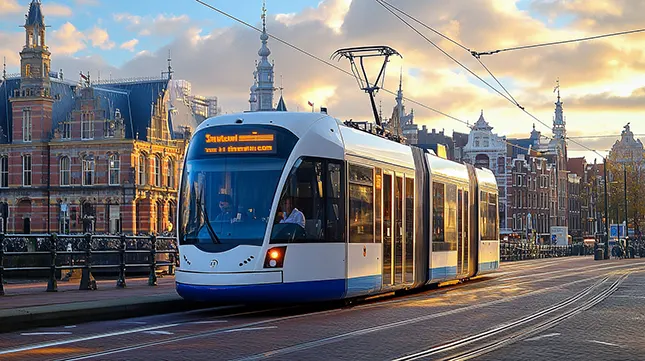
The Netherlands is renowned for its exceptional public transport, a welcome treat for UK expats.
Trains, trams, buses, and ferries are clean, punctual, and connect even the smallest towns.
Most people use an OV-chipkaart, a rechargeable travel card valid across all modes of transport. Like London’s Oyster and Hong Kong’s Octopus, the OV-chip smart card system uses an embedded RFID chip. You can load credit onto the card whenever you need it.
The national rail provider, NS, offers easy-to-use mobile apps in English for planning journeys and buying tickets.
Cyclists are equally well-served, the country’s flat terrain and dedicated cycle lanes make biking the go-to choice for locals.
Moving from car-centric Britain? Be prepared to ditch the car and embrace the two-wheeled lifestyle, especially in cities like Utrecht and Groningen.
Overall, getting around the country is really easy and relatively inexpensive.
Jobs and the Dutch Work Culture

Finding a job in the Netherlands might be a top priority for you.
The Dutch economy is diverse and international, with opportunities in tech, logistics, healthcare, education, and more.
It is good to know that English is widely spoken in business settings, particularly in Amsterdam and other major cities.
However, learning Dutch can give you an edge in job applications and day-to-day life. Websites like IamExpat Jobs and Undutchables cater specifically to English-speaking expats.
Dutch work culture is known for being direct, egalitarian, and highly collaborative.
Full-time workers typically enjoy generous vacation days, and a good work-life balance is strongly encouraged.
Most employees enjoy a 25-day holiday allowance, and there are an additional 11 public holidays.
It is particularly important to always be punctual, as timekeeping is taken very seriously in Dutch offices!
Bringing Pets to the Netherlands – What to Expect

Relocating with pets? Many expats choose to bring their cats and/or dogs with them.
The process is not too complicated, provided you stick to the rules and regulations issued by the Government.
For pets, your dog or cat must be microchipped, vaccinated against rabies, and have a valid animal health certificate.
The Netherlands Food and Consumer Product Safety Authority (NVWA) outlines all pet import rules, regulations and procedures.
Using a pet relocating agency makes things much easier.
PetRelocation is a recommended company with all the information you need to ensure your pet is well looked after during their journey.
Settling In: Culture, Daily Life, and Community
Dutch society is friendly and direct but can appear reserved at first, even more so that the UK.
Making connections might take time, but once established, Dutch friendships are deep and loyal.
Try joining local sports clubs, hobby groups, or international meetups via Meetup.com to ease the transition.
Most people speak excellent English, which helps with day-to-day tasks like shopping, banking, or navigating bureaucracy.
Expect shops to close early and Sundays to be quiet plan accordingly.
The Dutch love their traditions, from King’s Day celebrations to Sinterklaas festivities.
Remember to be friendly, a simple “Hallo” or “Dank je wel” (thank you) will go a long way in making connections.
Exploring these customs helps you feel more at home and deepens your connection to your new surroundings.
Dutch Weather: A Mix of Seasons and Surprises
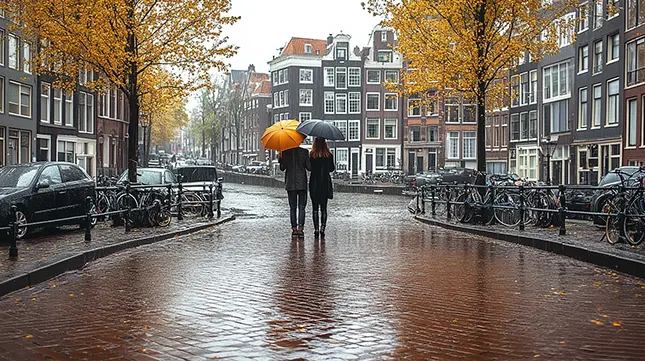
The Dutch are good at adapting to any weather conditions and, dress accordingly.
The Netherlands experiences a temperate maritime climate, meaning mild summers, cool winters, and a fair share of rain throughout the year.
Summer (June to August) sees average highs of 20–25°C, though heatwaves can occasionally push temperatures higher.
Spring and autumn are transitional and often unpredictable, sunshine one day, showers the next.
Winters (December to February) are chilly, with temperatures hovering around 2–6°C, and snowfall is rare but possible.
Coastal winds can be strong year-round, especially in autumn and winter, so waterproof jackets and windbreakers are essential.
While Dutch weather isn’t often extreme, it can be changeable, so layers and an umbrella are your best friends.
You can check reliable, up-to-date forecasts via the Royal Netherlands Meteorological Institute (KNMI).
Barnes of Lincoln: Your Trusted Partner for a Seamless Netherlands Move
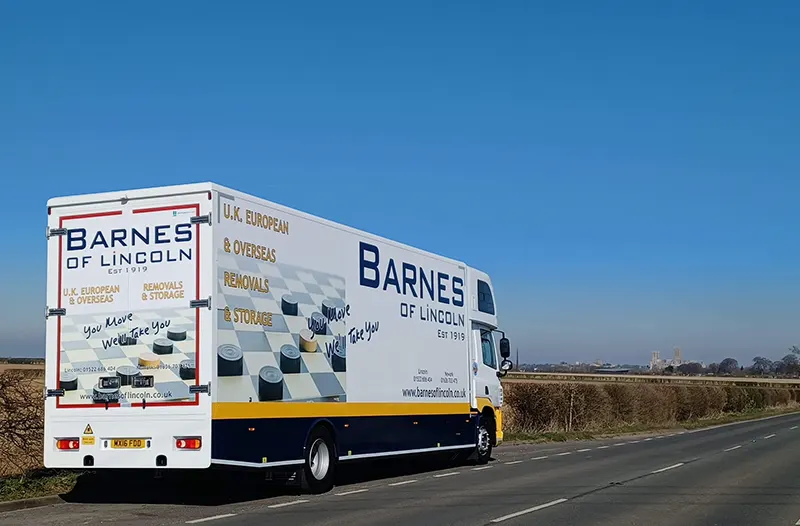
Now you know a little more about life in the Netherlands, are you going to go?
If that is a yes, at some point you will need to arrange for the transportation of your personal belongings.
Every international move comes with a long to-do list, but with the right support, your transition to the Netherlands can be smooth and stress-free.
At Barnes of Lincoln, we specialise in UK, European and international removals so your relocation to the Netherlands will be in good hands.
What’s more, all our moves are tailored to your unique needs, whether you’re relocating to bustling Amsterdam, family-friendly Utrecht, or somewhere in between.
Our experienced team can handle everything from packing and customs documentation to secure shipping and unpacking on arrival.
With decades of trusted service behind us, you can focus on your new beginning while we manage the logistics.
To start planning your move, get in touch with our expert team today.
Your next chapter in the Netherlands is waiting, let’s make it happen together!
